
Lebanon
and the Shiite movement Hezbollah alongside a poster of former Hezbollah leader Abbas al-Mussawi " width="300" height="202" /> Supporters wave the flag of Lebanon and the Shiite movement Hezbollah alongside a poster of former Hezbollah leader Abbas al-Mussawi.Beirut, 11 Jumadal Awwal 1437/21 February 2016 (MINA) – Saudi Arabia shocked the Lebanese when it ended its $4 billion (Dh14.68 billion) grants — $3b to the Lebanese Armed Forces (LAF) and a $1 billion to the Internal Security Forces — to register its disapproval of recent diplomatic stances taken by the Lebanese foreign ministry.
Although too early to determine with any certainty, the Saudi move threatened to further enlarge the gap between the pro-Syrian March 8 and the anti-Syrian March 14 political alliances, though the best illustration of how most felt was provided by the local newspaper Daily Star, whose lead editorial on Saturday read: “The price of ingratitude”.
Lebanese officials, including Minister of Interior Nouhaq Al Mashnouk, anticipated additional responses in the next phase including the withdrawal of large deposits from the Central Bank that have effectively supported the Lebanese pound, Mi’raj Islamic News Agency (MINA) reported, quoting gulfnews.com.
Riyadh, followed by several GCC capitals, embarked on a “total evaluation of relations with the Republic of Lebanon,” after Jibran Bassil, the Minister of Foreign Affairs who heads the Free Patriotic Movement and who is allied with Hezbollah, voted against the unanimous League of States (LAS) and Organisation of Islamic Cooperation (OIC) resolutions that condemned the January 5, 2016 Iranian attacks on the kingdom’s embassy in Tehran and its consulate in Mashhad.
Also Read: Syria, Jordan Condemn Netanyahu’s Visit to Occupied Syrian Buffer Zone
While Bassil justified his incomprehensible positions on a Cabinet decision to distance Lebanon from controversial policies, senior Saudi decision-makers were livid that the Lebanese government condoned his votes.
Naturally, the latest news has upset millions of Lebanese, including an estimated 750,000 who toil on the Arabian peninsula, whose earnings were partially repatriated to support extensive families — nearly $7 billion each year.
Many residents were livid at careless officials whose myopic views they rejected. Antoine Haddad, a pharmacist, summarised it best: “We do not need H1N1, we have 128 viruses” [referring to the 128 members of parliament].
Mohammad Abu Diab, a food importer, was equally critical: “Our politicians talk a lot but say precious little. What is truly sad is that most do not have any memory as they seem to have forgotten the myriad aid we received from Saudi Arabia, from the Ta’if Accords to the billions they gave us over the years.”
Also Read: UNIFIL Reports Over 7,300 Israeli Violations of Lebanese Airspace Since Ceasefire
If citizens were conscious of what was under way, government officials were more subdued, since most were aware of what had befallen their hapless country.
King Salman Bin Abdul Aziz received former president Michel Sulaiman — the architect of the $3b aid to the LAF with the late King Abdullah Bin Abdul Aziz — in January when the monarch shared his concerns about various anti-Saudi declarations that are routinely uttered by pro-Iranian forces in Lebanon.
Senior Saudi officials also informed Minister of Defence Samir Moqbel of serious repercussions if the LAF continued to turn a blind eye on Hezbollah activities in Syria and along the Lebanese-Syrian borders. (T/R07/R01)
Mi’raj Islamic News Agency (MINA)
Also Read: Russia Condemns UN Gaza Resolution, Says It Contradicts Palestinian Statehood





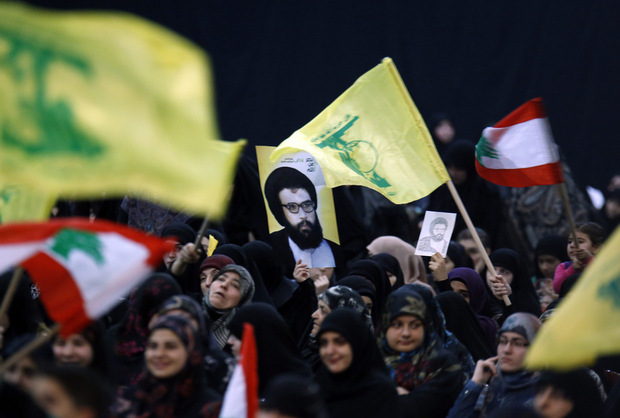





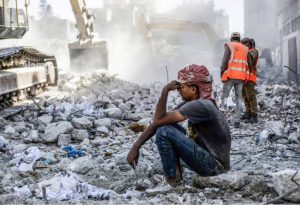



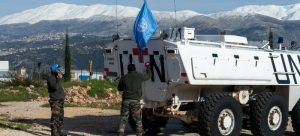
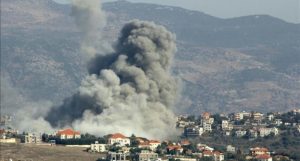

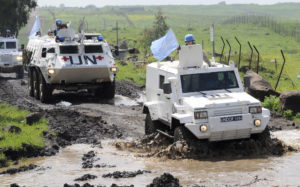
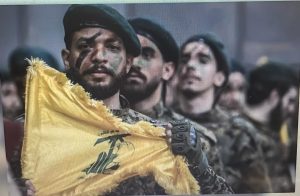
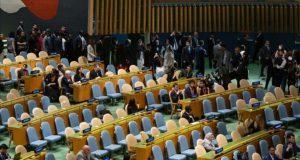












 Mina Indonesia
Mina Indonesia Mina Arabic
Mina Arabic